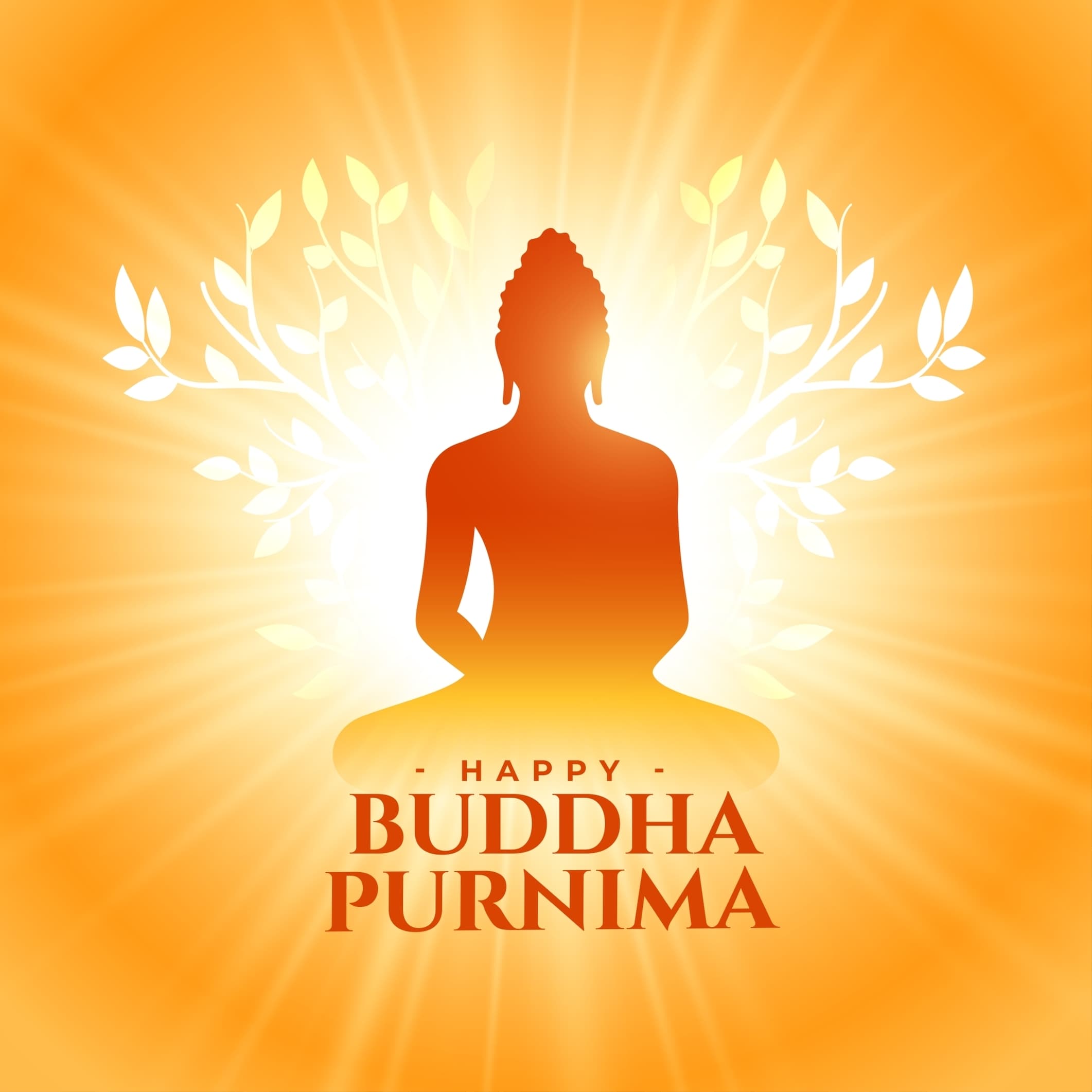Buddha Poornima 2025: Five Powerful Rituals To Bring Inner Peace

Buddha Poornima, also known as Vesak or Buddha Jayanti, marks one of the most sacred days in the Buddhist calendar. It commemorates the birth, enlightenment (nirvana), and death (parinirvana) of Gautama Buddha, the founder of Buddhism.
Buddha Poornima, also known as Vesak or Buddha Jayanti, marks one of the most sacred days in the Buddhist calendar. It commemorates the birth, enlightenment (nirvana), and death (parinirvana) of Gautama Buddha, the founder of Buddhism. This tri-fold significance makes Buddha Poornima a profoundly spiritual day, observed with reverence by millions across the world, particularly in India, Nepal, Sri Lanka, Bhutan, Myanmar, Thailand, and other countries with Buddhist traditions.
The Day and Its Significance
Buddha Poornima is celebrated on the full moon day (Poornima) in the Vaisakha month of the Hindu lunar calendar, which falls on May 12, 2025. According to Buddhist traditions, all three major events in Buddha’s life—his birth at Lumbini, his enlightenment under the Bodhi tree in Bodh Gaya, and his Mahaparinirvana at Kushinagar—occurred on this very day.
The day is a reminder of the Buddha’s message of compassion, non-violence, and the pursuit of wisdom and liberation from suffering. It calls upon followers to reflect on their conduct and renew their commitment to the path of Dhamma.
Traditional Rituals and Practices
Buddha Poornima is marked by various rituals and acts of devotion, many of which emphasize simplicity, meditation, and service to others.
1. Visiting Temples and Monasteries
Devotees visit Buddhist temples, monasteries, and stupas to pay their respects to the Buddha. Offerings of flowers, incense, lamps, and candles are made before Buddha statues. These symbolize the impermanence of life and the light of wisdom dispelling ignorance.
2. Listening to Dhamma Teachings
Discourses on the life and teachings of the Buddha are held at monasteries and dharma centers. Monks recite sermons from the Tripitaka (Buddhist scriptures), and devotees are encouraged to reflect on the Four Noble Truths and the Eightfold Path.
3. Observing Silence and Meditation
Many devotees observe periods of noble silence (mauna) and practice Vipassana meditation, focusing on mindfulness, compassion, and detachment. It is seen as a way to honor the Buddha’s own path to enlightenment.
4. Dana (Charity and Generosity)
On Buddha Poornima, acts of generosity and service are widely encouraged. Devotees distribute food, clothes, and essentials to the needy, or donate to charitable organizations. Free vegetarian meals or “langars” are served in temples and public spaces.
5. Releasing Captive Animals
In keeping with the Buddhist value of ahimsa (non-harming), many choose to release birds, fish, or animals kept in captivity, as a symbolic act of compassion and freedom.
Recommended Rituals for Observing Buddha Poornima at Home
If you’re observing the day at home, here are a few meaningful practices you can adopt:
- Create a peaceful altar with a Buddha image or statue. Offer flowers, light a candle or diya, and incense.
- Read or listen to the Dhammapada or any book on the life of Gautama Buddha.
- Spend at least 30 minutes in silent meditation, focusing on breath or loving-kindness (metta) meditation.
- Observe a vegetarian or vegan fast, even if for a few hours, as a gesture of non-violence and mindfulness.
- Make a donation or offer service to a local NGO, shelter, or temple.
- Teach children about the values of kindness, mindfulness, and the middle path, sharing stories from Buddha’s life.
- Avoid indulgences, harsh speech, and unnecessary distractions. Let the day be one of inner calm and gentle awareness.
A Time to Reflect and Renew
Buddha Poornima is not just a celebration of a historical figure; it is an invitation to reconnect with inner wisdom and commit to the timeless values of peace, compassion, and clarity. In today’s fast-paced world, the teachings of the Buddha remain as relevant as ever—reminding us that liberation begins from within.



